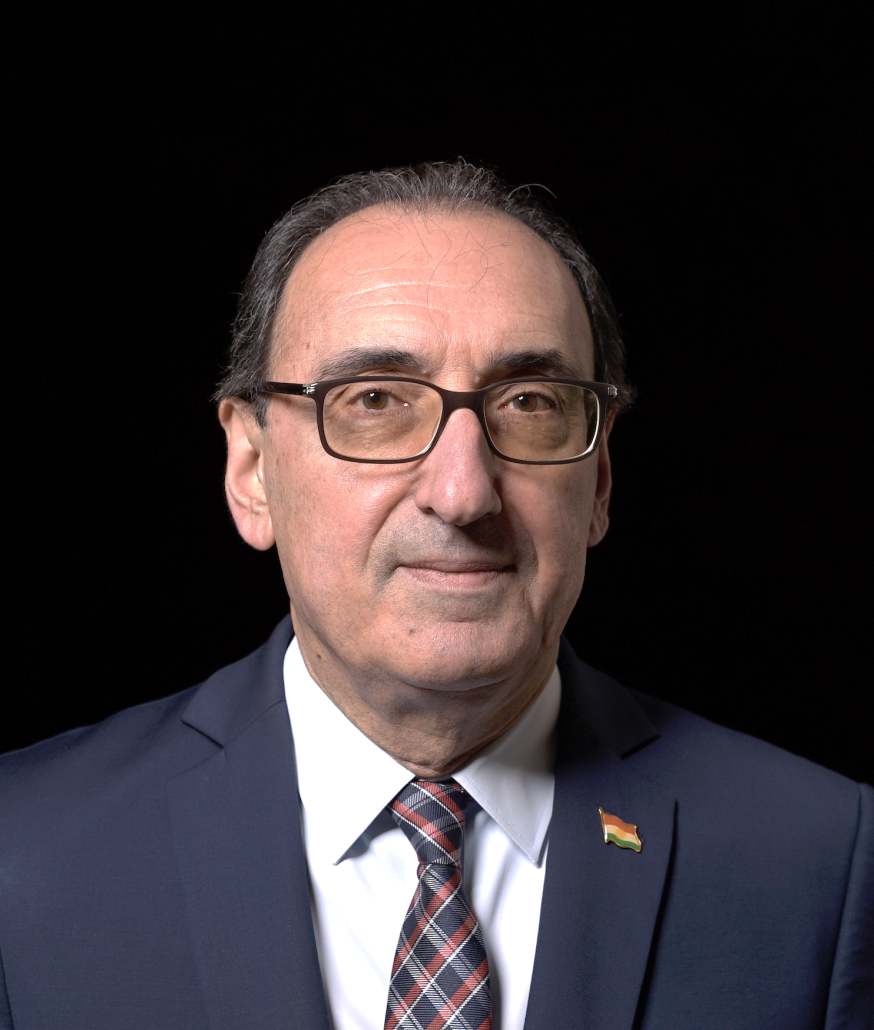A Preliminary Word
By Ziyad Raoof
The shared historical memory of the Polish and Kurdish peoples is a bond shaped by the profound challenges both nations faced throughout the 20th century. Yet, one stark difference persists: the Kurds are still on their path to full independence. Today, within the framework of the Kurdistan Region of federal Iraq, we enjoy a degree of autonomy that allows us the freedom to speak openly about our painful past and to strive for reconciliation. But true reconciliation requires an unwavering commitment to truth.
Like other nations that have suffered the horrors of genocide, the Kurds seek to remind the world of our tragedy. This is not merely to satisfy the demands of truth or to honor the memory of the victims, but to call upon the international community to ensure that such crimes against humanity are never repeated.
We, therefore, urge the formal recognition of the mass executions of Kurds during Operation Anfal as genocide. This appeal has already found a positive reception in Norway, Sweden, the United Kingdom, and South Korea, where parliamentary resolutions have been passed acknowledging Anfal as an act of genocide.
Such gestures of solidarity hold immense significance. The scars of this atrocity remain deep—many villages still lie in ruins, survivors continue to suffer from illnesses caused by chemical weapons, and numerous mass graves remain undiscovered.
Compounding these wounds, the terror of the self-proclaimed Islamic State has once again engulfed Iraq and Syria, targeting Yazidis and Christians with acts that unmistakably bear the hallmarks of genocide. Against this backdrop, the Kurdish Peshmerga forces have emerged as defenders of the vulnerable, particularly religious minorities, and our region has become a haven for hundreds of thousands fleeing violence. Heeding President Masoud Barzani’s call, the Kurds have “opened their doors” to those at risk. Today, our small federal region, with a population of 5.5 million, shelters over 1.8 million refugees. This tremendous burden has strained our finances and economy, yet we remain steadfast in our duty to protect the innocent. At the same time, this generosity has not diminished the Kurds’ effectiveness on the battlefield, where we continue to be recognized by the United States and the European Union as the most formidable ground force in the fight against the so-called Islamic State.
It is my privilege to present the legal analysis titled Legal Qualification of Operation al-Anfal, authored by Prof. Dr. Hab. Ireneusz Kamiński from the Institute of Legal Sciences at the Polish Academy of Sciences. An esteemed expert in international law and a judge at the European Court of Human Rights in Strasbourg, Prof. Kamiński expertly demonstrates why the crimes committed against the Kurds must be classified as genocide under international law. His report also offers a detailed historical context for these catastrophic events.
I trust this report will deepen your understanding of the complex and often tragic history of the Kurdish people and Kurdistan. More importantly, I hope it will inspire you to engage with the Kurdish cause, particularly in supporting the recognition of Anfal as genocide. This is an issue that transcends political and philosophical differences, and I believe it can unite people across divides. The Delegation of the Kurdistan Regional Government in Poland is dedicated to this cause and will continue working to strengthen Polish-Kurdish cooperation and to advocate for the Polish Parliament to pass a resolution recognizing Anfal as genocide.
Ziyad Raoof
Representative of the Kurdistan Regional Government in Poland


